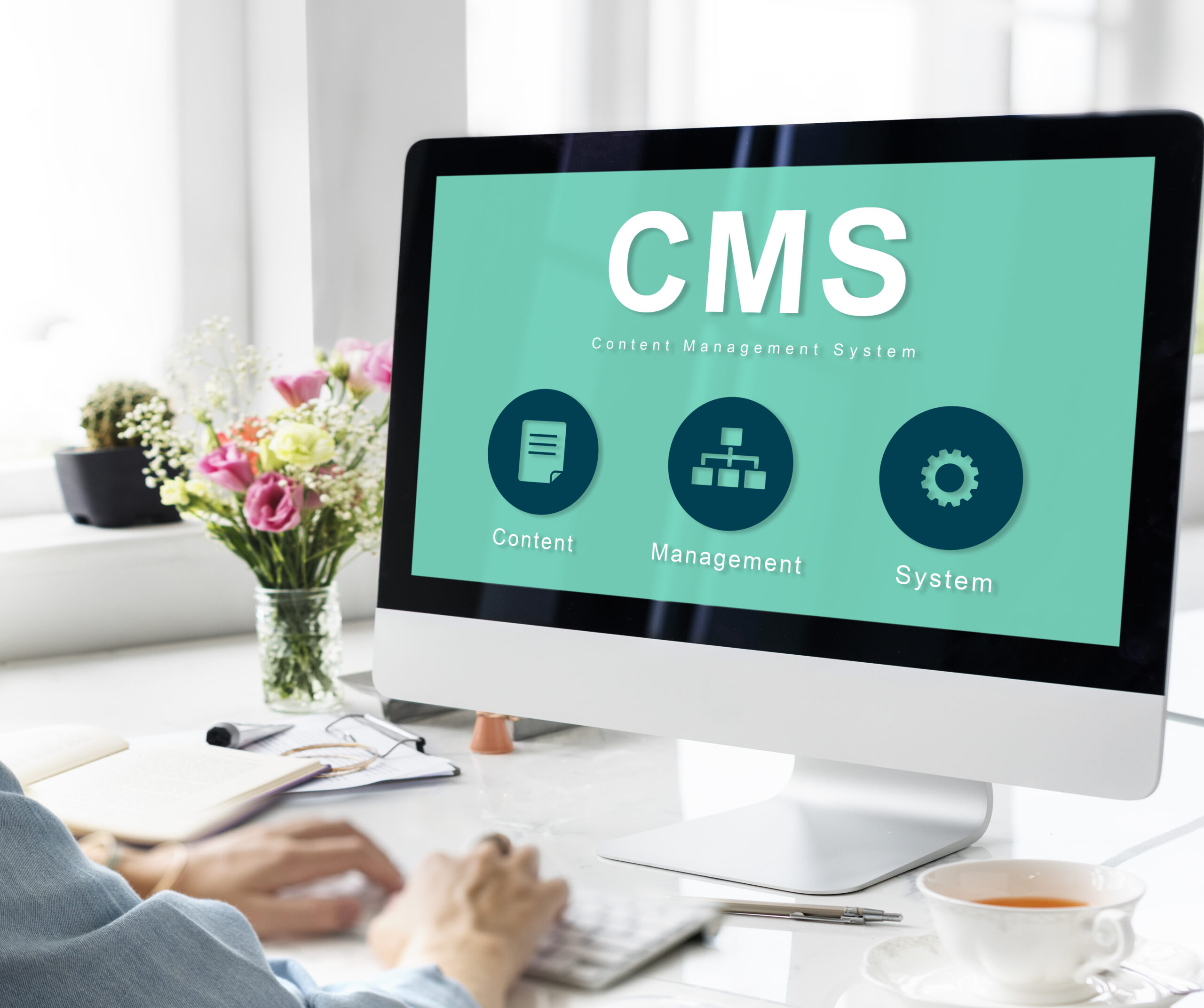Table of Content
ToggleA Content Management System (CMS) is an essential tool for businesses looking to manage and publish digital content efficiently. With numerous CMS platforms available, choosing the right one can be challenging. This guide will help you understand the factors to consider when selecting the best CMS for your business needs.
Why Choosing the Right CMS Matters?
1. Ease of Use
A user-friendly CMS allows non-technical users to manage content easily.
Drag-and-drop builders and WYSIWYG editors improve efficiency.
2. Scalability
The CMS should support your business growth.
Consider flexibility for adding new features and handling increased traffic.
3. Customization & Integrations
Choose a CMS that supports third-party plugins and API integrations.
Customizable themes and templates enhance brand identity.
4. SEO & Performance
Built-in SEO tools help optimize content for search engines.
Fast-loading pages improve user experience and rankings.
5. Security & Updates
Regular updates and strong security measures protect against cyber threats.
Choose a CMS with built-in security features and reliable support.
Popular CMS Platforms for Businesses
1. WordPress
Best for: Blogs, small to medium businesses, and eCommerce.
Features: User-friendly, vast plugin library, strong community support.
SEO & Performance: Excellent SEO plugins, customizable performance enhancements.
2. Shopify
Best for: eCommerce stores and online businesses.
Features: Built-in payment gateways, mobile-friendly, easy setup.
SEO & Performance: Fast-loading, optimized for conversions.
3. Joomla
Best for: Medium to large businesses requiring flexibility.
Features: Multilingual support, extensive customization options.
SEO & Performance: Good SEO capabilities with extensions.
4. Drupal
Best for: Enterprises and complex websites with high-security needs.
Features: Highly customizable, powerful security, scalable.
SEO & Performance: Strong SEO support, high-speed performance.
5. Wix
Best for: Small businesses and personal websites.
Features: Easy-to-use drag-and-drop editor, templates, and hosting included.
SEO & Performance: Basic SEO tools, good speed for simple sites.
How to Choose the Best CMS for Your Business?
Define Your Business Needs
Identify the type of website you need (blog, eCommerce, corporate, portfolio).
Consider the level of customization and user roles.
Compare Features & Pricing
Evaluate free vs. paid CMS platforms based on your budget.
Check for essential features like SEO, security, and performance optimization.
Check for Community Support & Documentation
A strong support community ensures long-term usability.
Detailed documentation and customer service help troubleshoot issues.
Conclusion
Choosing the right CMS is crucial for a business’s digital success. By considering factors like ease of use, scalability, SEO, security, and customization, you can select a platform that aligns with your goals. Whether you opt for WordPress, Shopify, Joomla, Drupal, or Wix, ensure it meets your business requirements for a seamless digital experience.
Frequently Asked Questions
A CMS (Content Management System) is a platform that helps you create, edit, and manage website content without coding skills.
WordPress and Wix are great for small businesses due to their ease of use, affordability, and SEO features.
Yes, Shopify is designed for eCommerce with built-in tools for product management, payments, and SEO.
Consider your business goals, website complexity, customization needs, SEO capabilities, and security features.
Yes, CMS platforms with built-in SEO tools, fast performance, and mobile-friendliness help improve search rankings.


 Website Development
Website Development